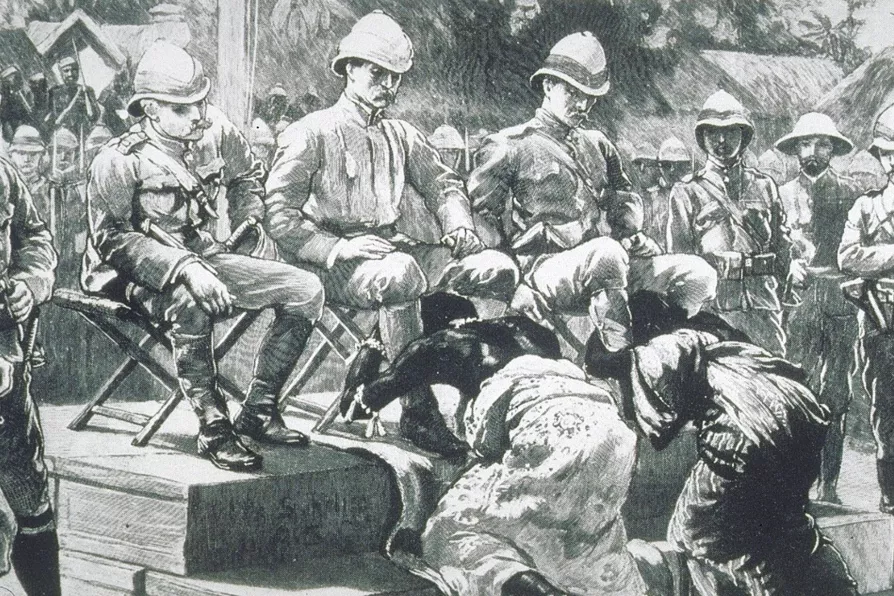The Carpathia isn’t coming to rescue this government still swimming in the mire, writes LINDA PENTZ GUNTER

 Liberation fights for an education curriculum in Britain that teaches the truth about the criminal colonial past and that of other colonial powers. The legacy of empires and contemporary neo-colonial domination continues to limit and impoverish present generations across the world.
Liberation fights for an education curriculum in Britain that teaches the truth about the criminal colonial past and that of other colonial powers. The legacy of empires and contemporary neo-colonial domination continues to limit and impoverish present generations across the world.
Before we talk about the competition Liberation is launching for the first time this year, can you say something about its campaigning work for a transformation of the education curriculum?
Liberation has campaigned for nearly 70 years to end colonialism and all forms of post-colonial domination — the racism and oppression on which they depend and the misery they heap on millions of people.
Central to our work is the fight for an education curriculum in Britain that teaches the truth about our criminal colonial past and that of other colonial powers. The legacy of empires and contemporary neo-colonial domination continues to limit and impoverish present generations across the world.

A teaching delegation to Cuba offered IAN DUCKETT a powerful glimpse into a schooling system defined by care, creativity and the legacy of the island’s remarkable 1961 literacy campaign

Maggie Bowden was a trailblazing campaigning lawyer at Birnberg and Thompsons, women’s organiser of the Communist Party, and general secretary of Liberation

That Scotland was an active participant and beneficiary of colonialism and slavery is not a question of blame games and guilt peddling, but a crucial fact assessing the class nature of the questions of devolution and independence, writes VINCE MILLS










